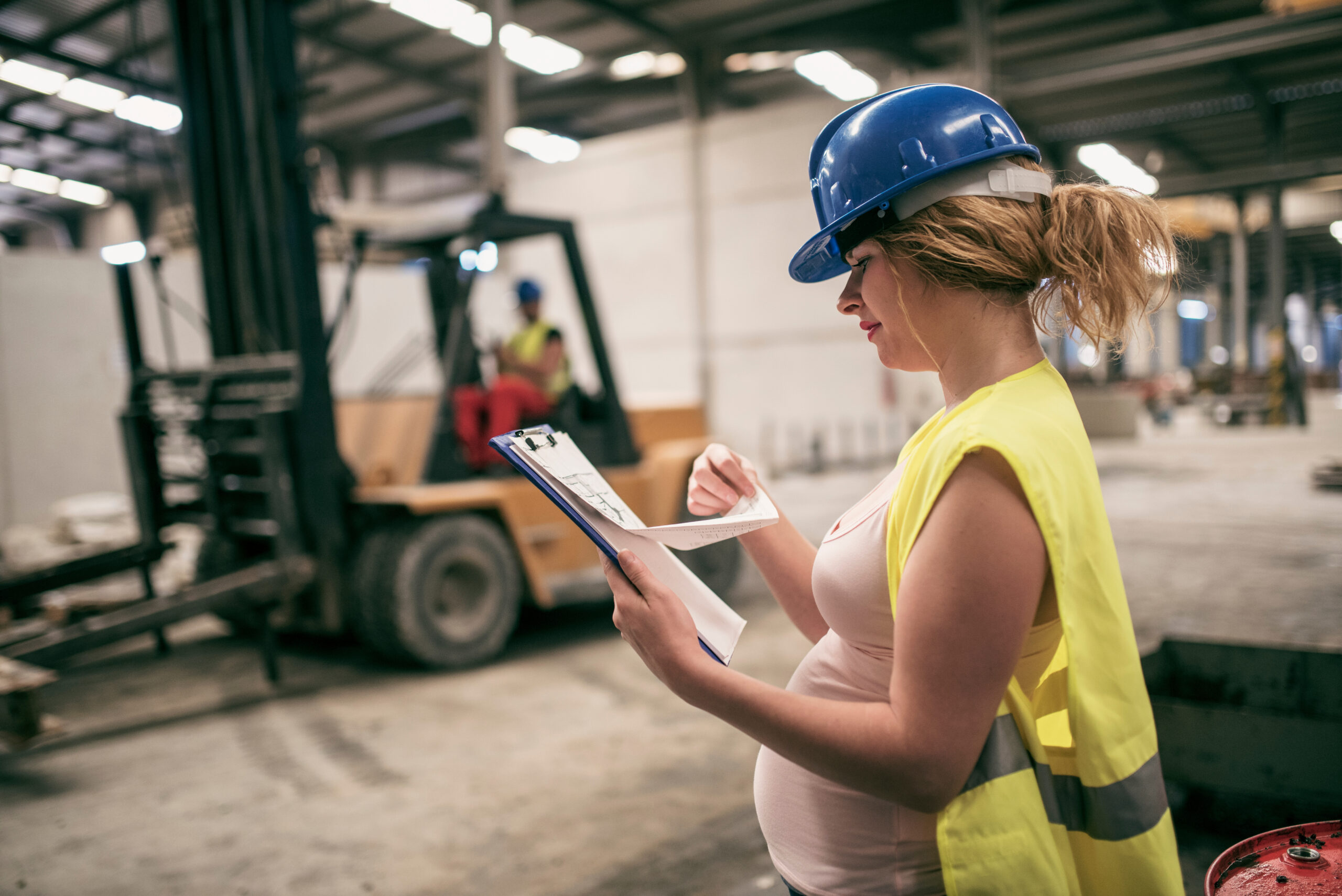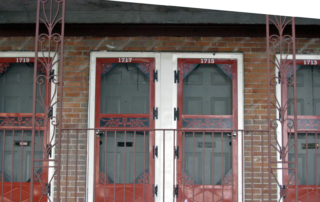Publications
Poverty, Gender, and Public Policies
Over the last few decades, women’s increased labor force participation, education, and earnings have helped many women attain economic security. Yet, a substantial number of women in the United States face economic hardship.
The Economic Impact of Equal Pay by State
Persistent earnings inequality for working women translates into lower lifetime pay for women, less income for families, and higher rates of poverty across the United States. In each state in the country, women experience lower earnings and higher poverty rates than men.
The Status of Women in the South
The Status of Women in the South builds on IWPR’s long-standing analyses and reports, The Status of Women in the States, that have provided data on the status of women nationally and for all 50 states plus the District of Columbia since 1996. The Status of Women in the South uses data from U.S. government and other sources to analyze women’s status in the southern United States, including Alabama, Arkansas, the District of Columbia, Florida Georgia, Kentucky, Louisiana, Mississippi, North Carolina, South Carolina, Tennessee, Texas, Virginia, and West Virginia.
Women and Men Share Stronger Job Gains in December—Women’s Unemployment Rate Is at 4.8 Percent; Men’s at 5.2 Percent
The Institute for Women’s Policy Research (IWPR) analysis of the January employment report from the U.S. Bureau of Labor Statistics (BLS) finds that women gained 141,000 jobs and men gained 151,000 for a total of 292,000 jobs added in December.
Supporting Student Parent Success in Community Colleges
Power Point presentation from Women's Funding Network Conference workshop "Powerful Partnerships: Foundations and Community Colleges".
Get to the Bricks: The Experiences of Black Women from New Orleans Public Housing After Hurricane Katrina
Get to the Bricks: The Experiences of Black Women from New Orleans Public Housing After Hurricane Katrina presents the results of qualitative research conducted with 184 low-income black women who lived in public housing prior to Hurricane Katrina and the flooding of New Orleans, and who were displaced by the hurricane and the closure and demolition of their housing.











